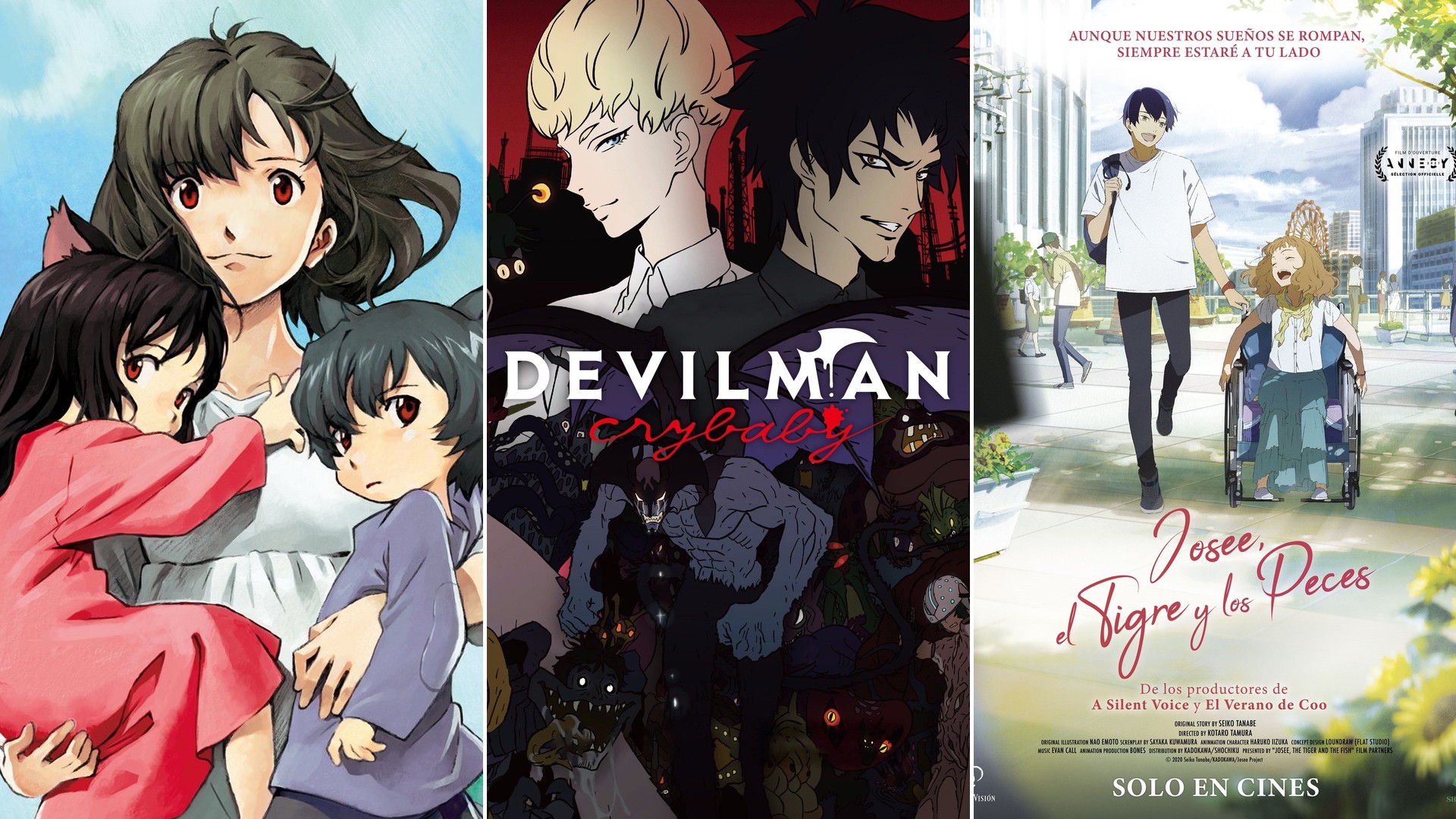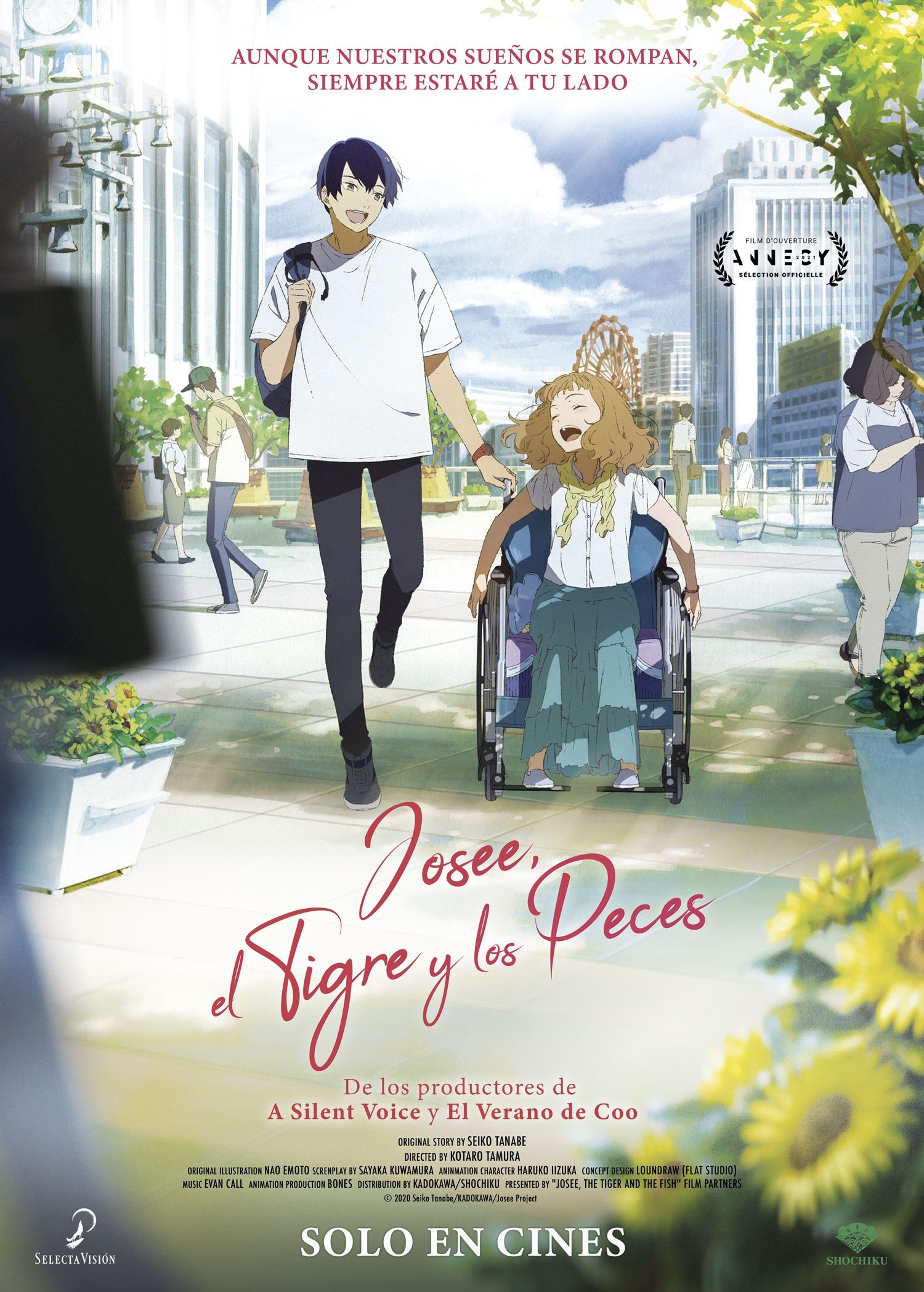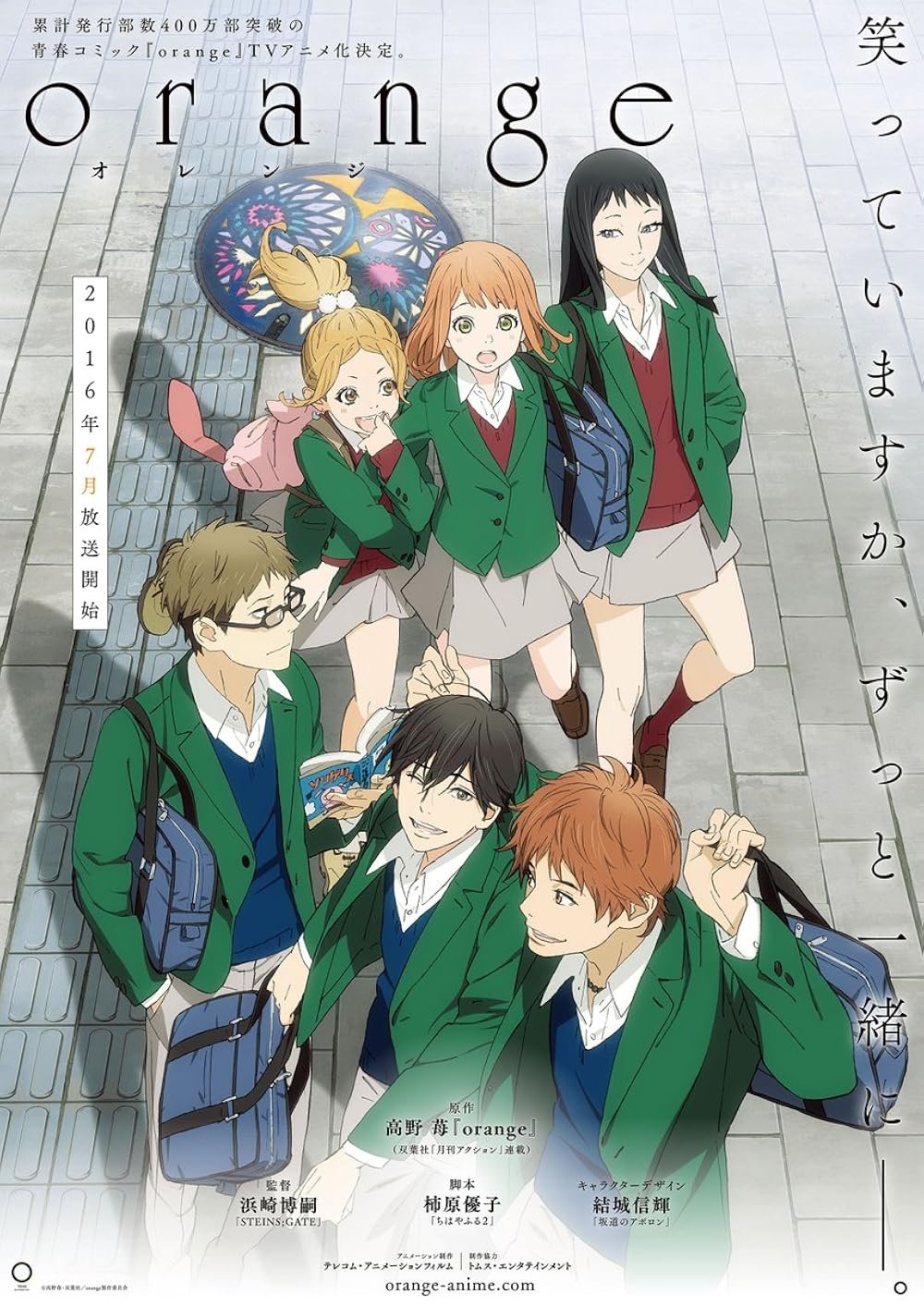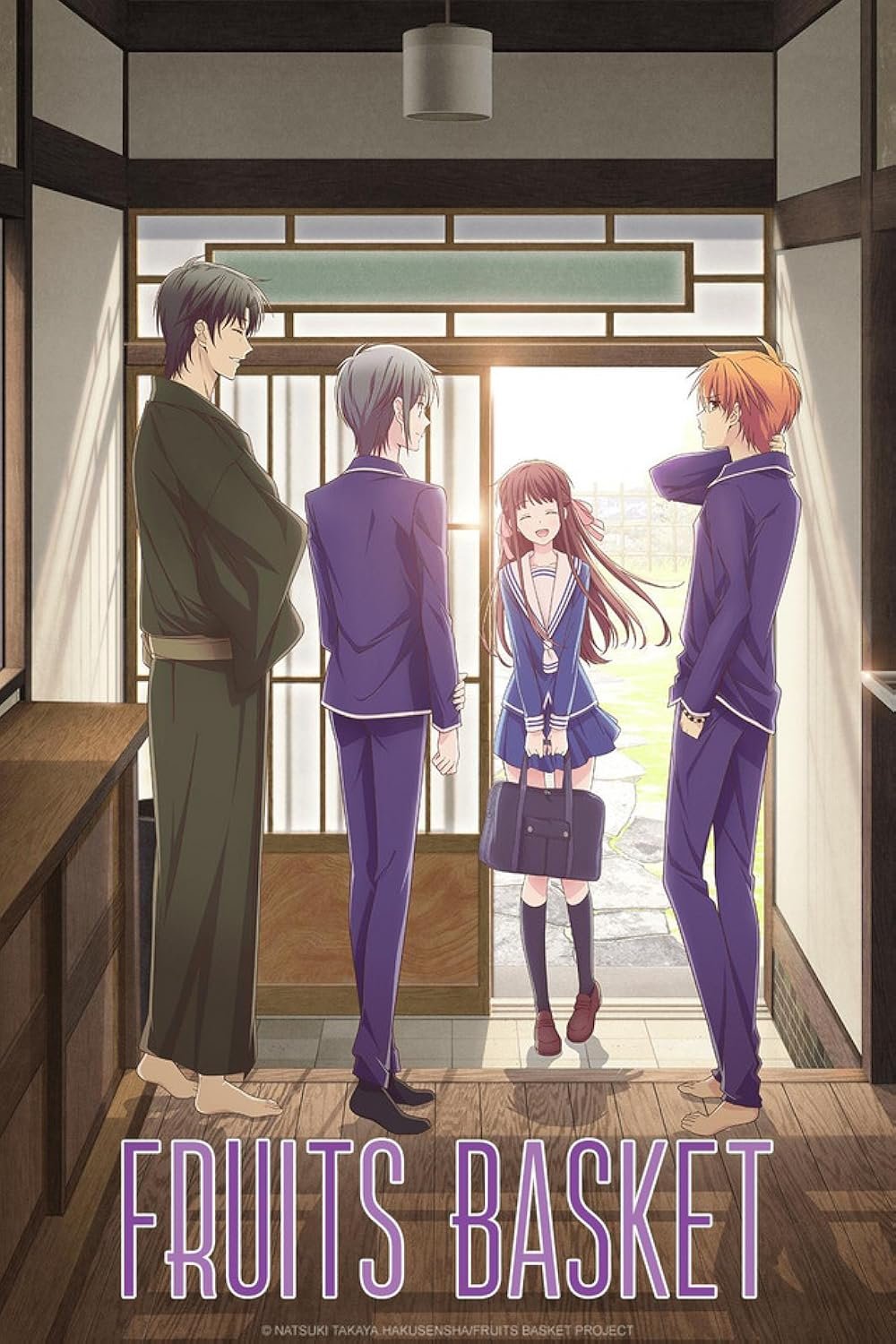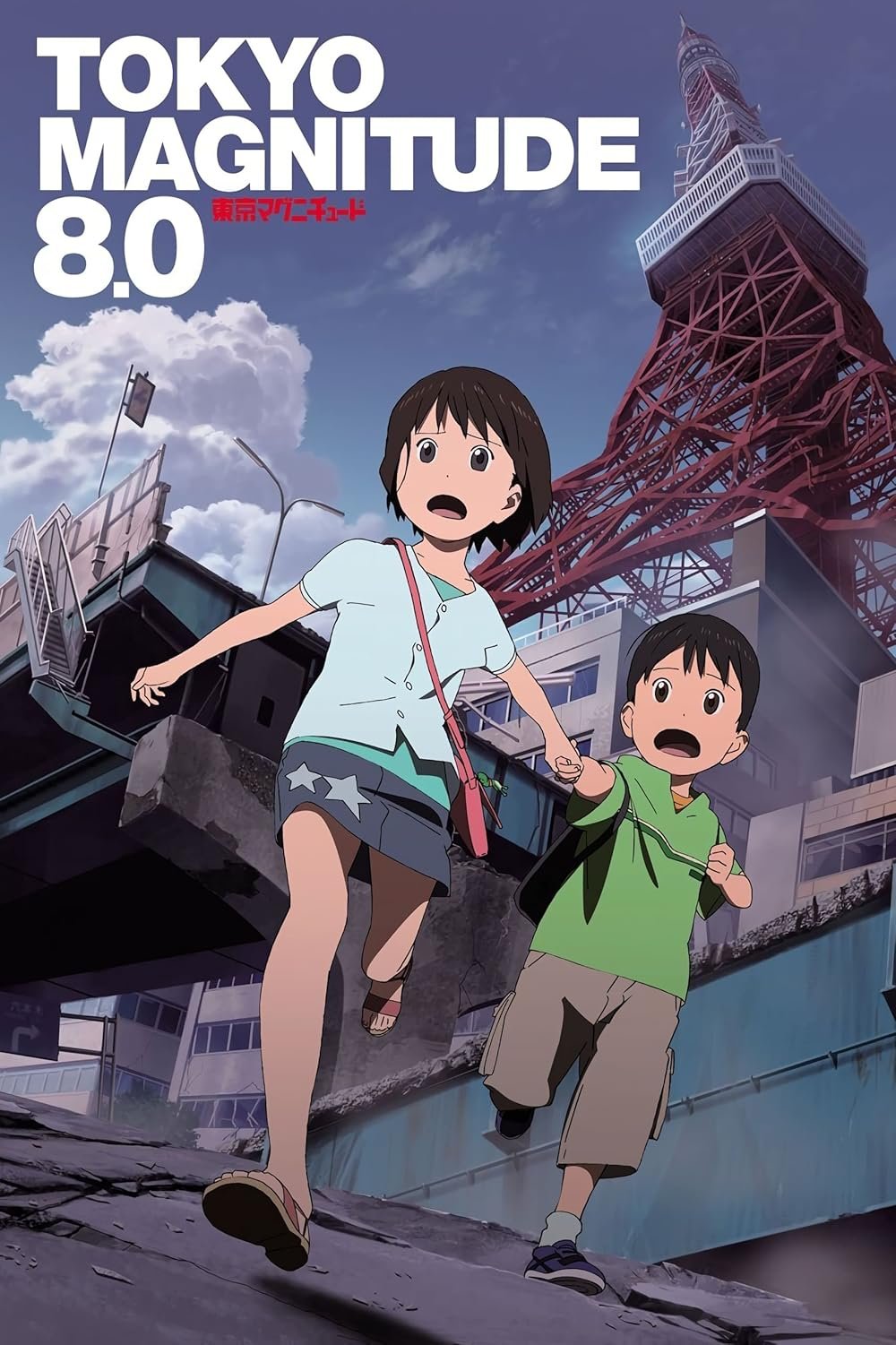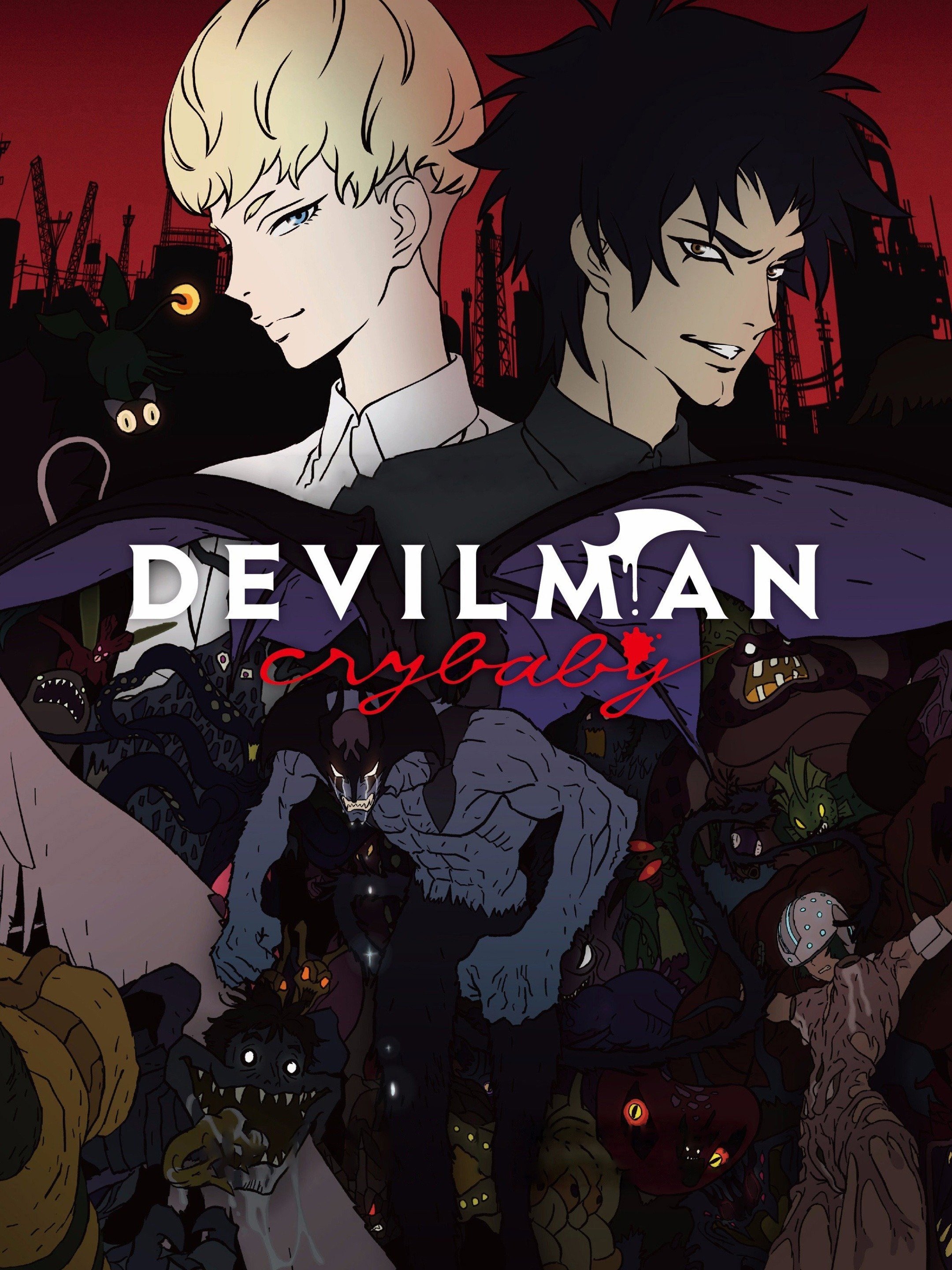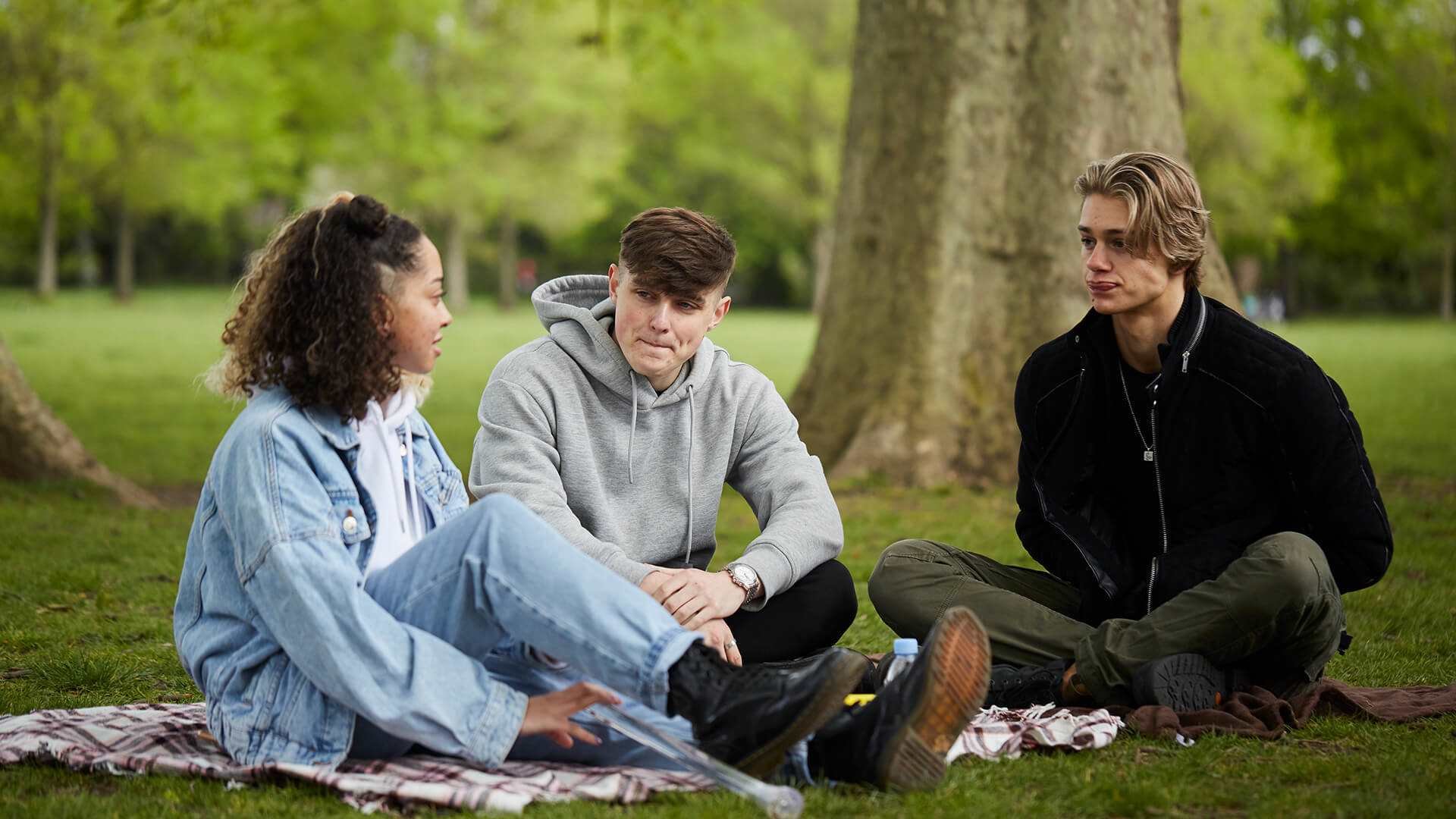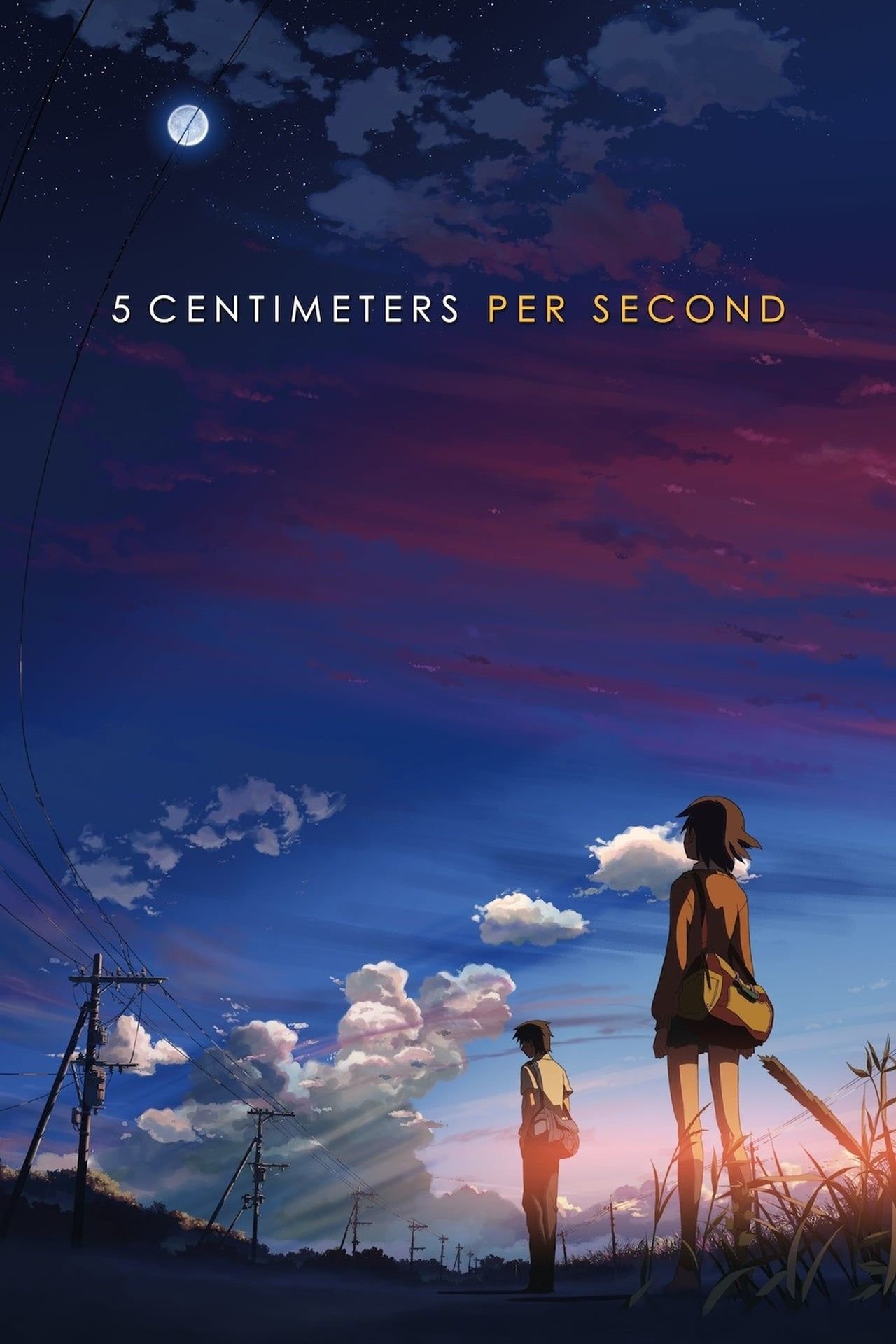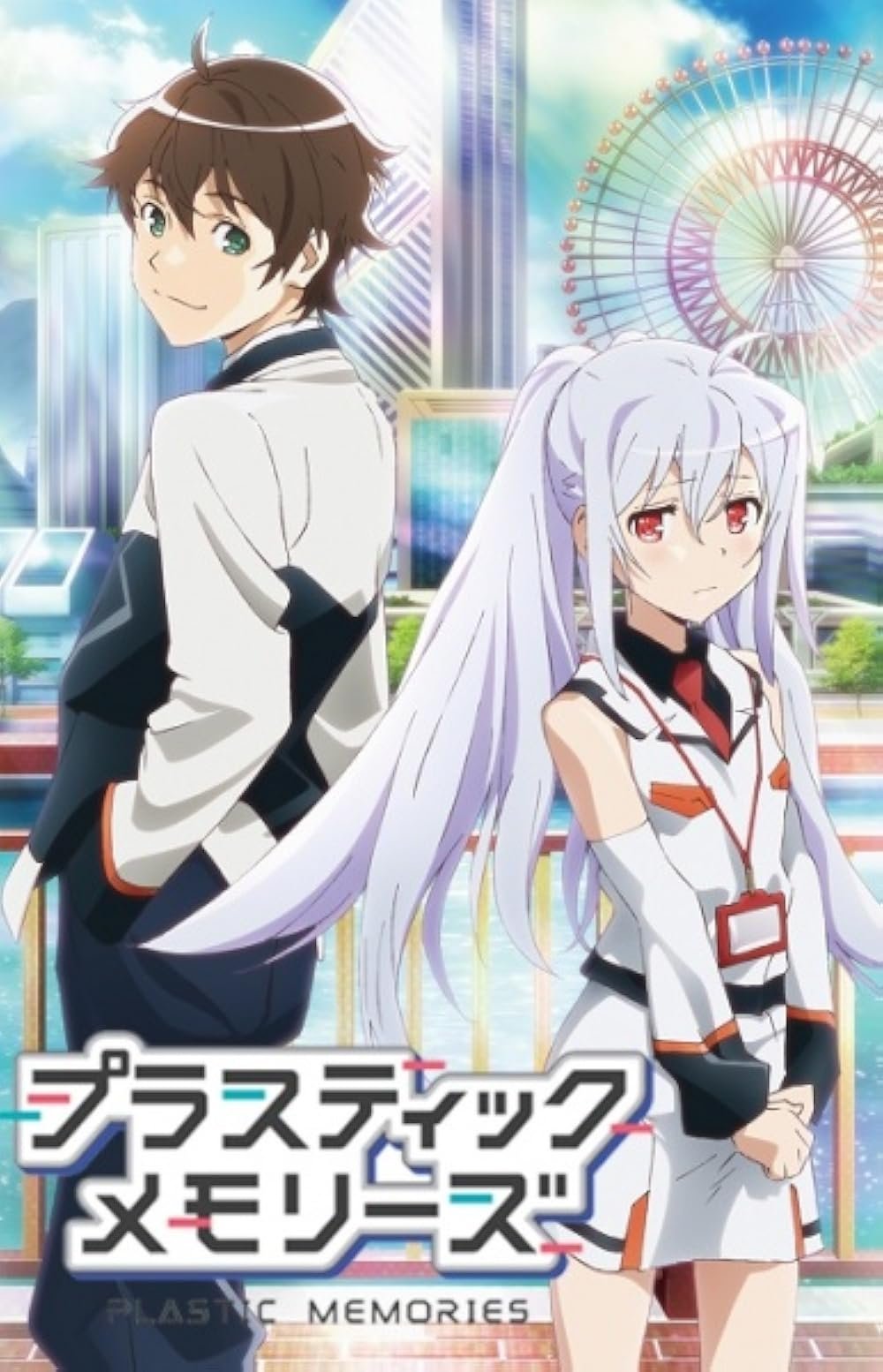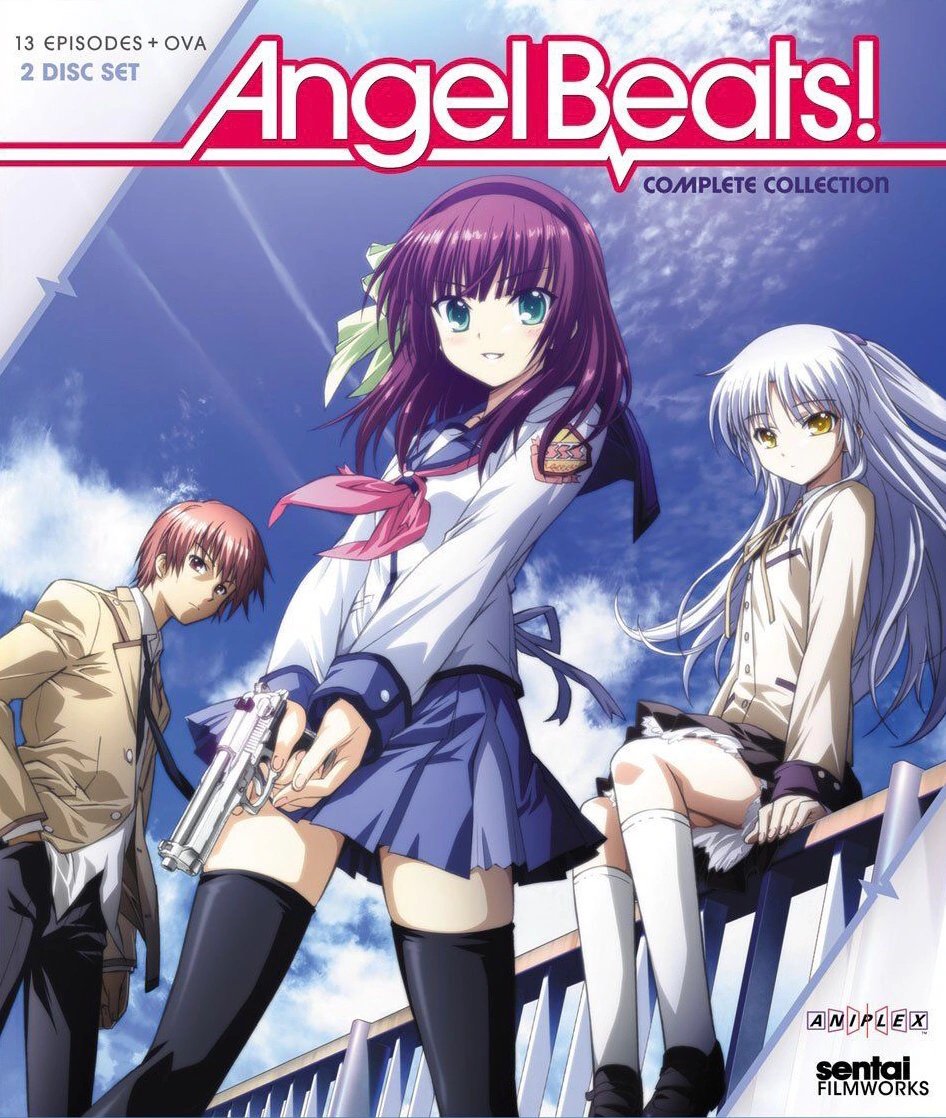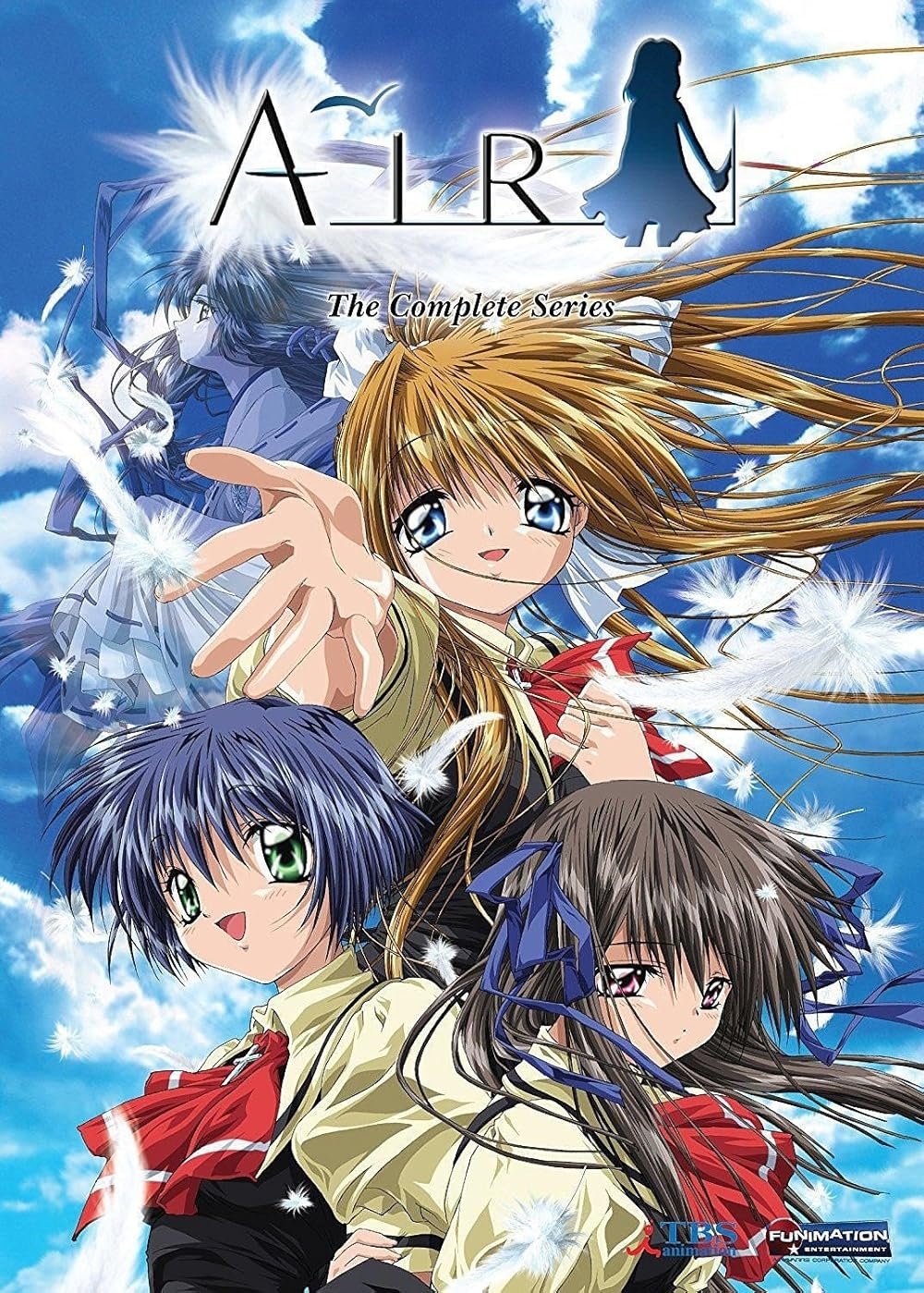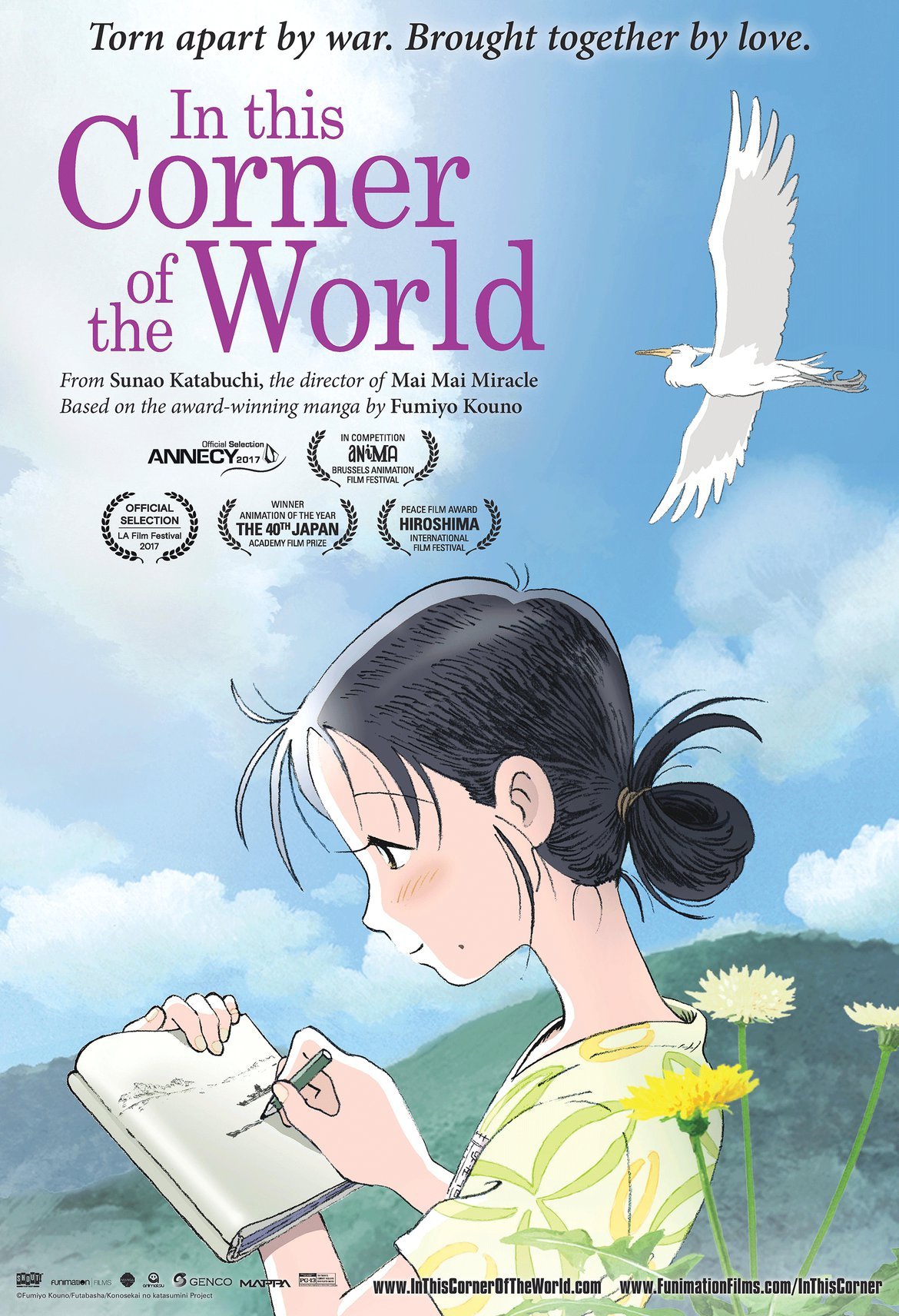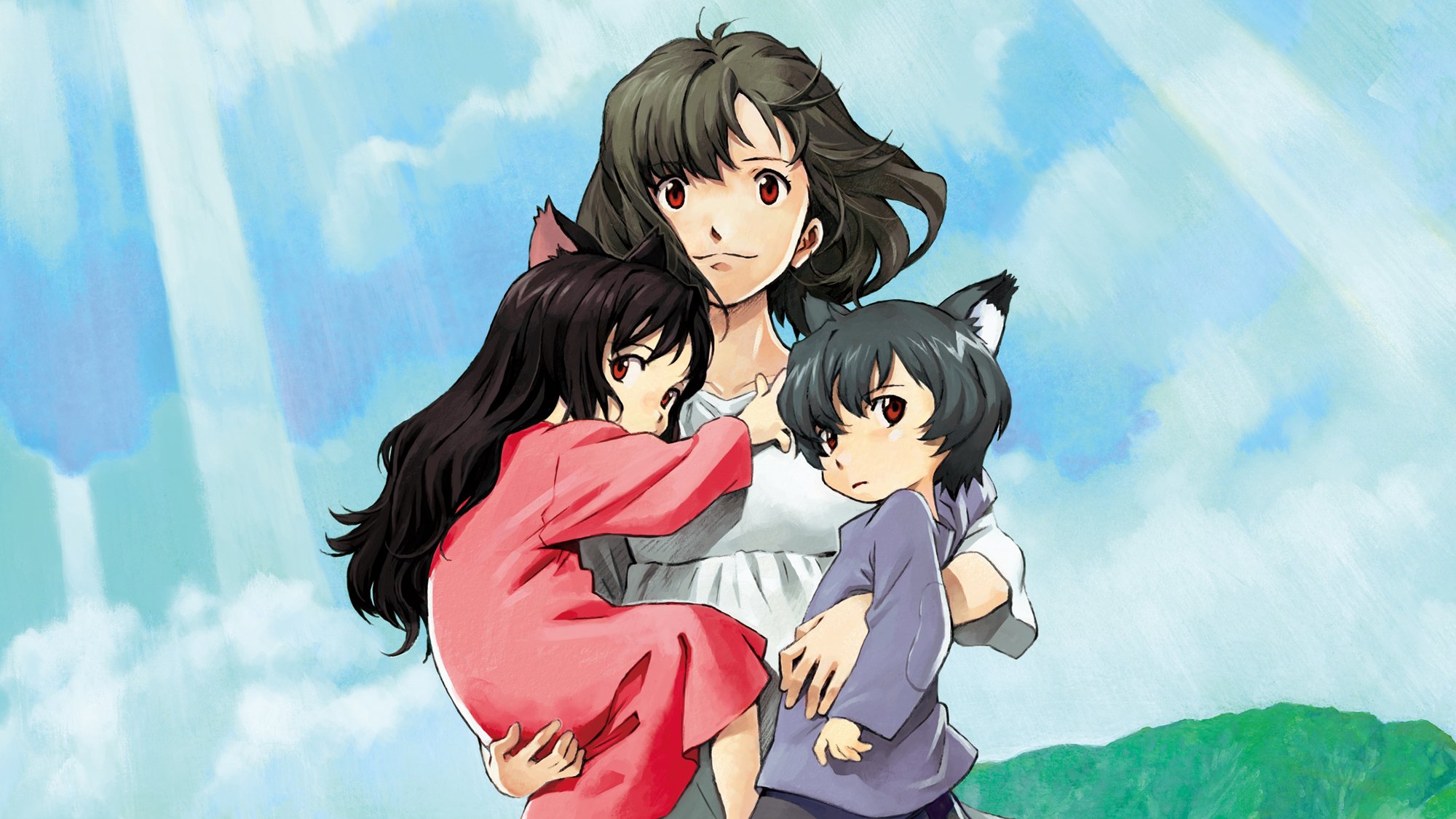These are the saddest anime that still sit with fans long after the credits. The list counts down from #25 to #1 and looks at how each title handles loss, war, illness, growing up and the quiet moments that hurt the most. Some are movies, others are long series, but each one makes a lasting mark through character, theme and mood.
I avoid empty hype and stick to clear reasons why these shows and films break hearts: honest writing, tough choices and scenes that refuse to leave your mind. You will see different types of pain here, from personal grief to social collapse, from first love to the end of childhood. Pace yourself and maybe keep tissues close.
#25. Josee, the Tiger and the Fish
Josee is a sharp, stubborn young woman who uses a wheelchair and Tsuneo is a college student pulled into her world. Their push and pull turns into a tender romance that faces class, disability and fear of the future. The film’s sadness comes from how dreams meet limits and how love asks for real compromise.
The animation gives daily life weight: cramped rooms, city slopes and the sea that both of them chase. You feel the cost behind every step toward freedom, because independence is never handed over in a neat montage. Their growth is moving and messy, which makes the quiet setbacks hit hard.
What lingers is not tragedy for tragedy’s sake, but the honest shape of hope when it is fragile. The ending leaves room for bittersweet courage rather than a fairy tale. It respects disability without pity and shows how love can be support without control.
#24. Orange
Letters from the future ask a high school group to save their friend Kakeru from a choice he may not survive. The hook is sci‑fi, but the heart is about regret and the small things we did not say. It faces depression with care and invites friends to notice signs that seem invisible in crowds.
Orange shows how guilt can grow when we replay one day over and over. The group plans new paths to nudge Kakeru toward light, yet every success is shadowed by a what if. That tension makes ordinary scenes ache, because birthdays and sports days carry extra weight.
The series is gentle about help. It treats support as steady presence rather than big speeches. That patience feels real and human, especially when plans fail and the group has to try again with more care and less ego.
By the end, Orange argues that you cannot rewind time, but you can build a better present. The sadness is not only about Kakeru; it is about how friends learn to share burdens before they become too heavy. That lesson is simple and vital.
#23. Fruits Basket (2019)
The 2019 reboot adapts the full story of Tohru and the cursed Soma family. Its tears come from cycles of abuse, grief and the long road toward self‑worth. The show balances warmth and humor with scenes that feel raw and private.
Each zodiac member carries a wound that shapes how they love and push others away. The series treats healing as slow, with setbacks that feel earned. When breakthroughs come, they arrive in small words and quiet rooms, which makes them matter more.
Fruits Basket is sad because it believes kindness is work. Tohru’s smile is not magic; it is a habit of care that costs her energy and time. Watching the family learn to accept it is moving and hopeful.
#22. Tokyo Magnitude 8.0
After a massive quake, siblings Mirai and Yuuki try to reach home with the help of a delivery driver, Mari. The show keeps the camera on ordinary streets, shelters and shaken faces, which makes the scale of loss feel close and personal.
What makes it hurt is restraint. There are no superhero saves, only lines for water, broken phones and maps that lead to detours. Mirai’s impatience and guilt feel real and Yuuki’s cheer tries to hold the day together with very small hands.
The series treats first responders and neighbors with respect. It shows how community forms fast and breaks just as quickly under stress. That human focus keeps the disaster grounded and credible, which is why the later reveals land so hard.
Tokyo Magnitude 8.0 is sad because it knows some losses are permanent. The ending asks for acceptance that arrives with love and silence, not speeches. It is gentle and devastating.
#21. Devilman Crybaby
Akira’s kindness is twisted by a world that tears itself apart when demons surface. The show updates Go Nagai’s classic into a social age where rumors and rage spread at speed. The result is a fall that feels grand and inevitable.
The sadness is cosmic and intimate. Friendships splinter, love is tested and innocence burns fast. Violence is stylized, but the consequences are final. By the time motives are clear, there is no one left to hear the truth.
It hurts because it asks a sharp question: what do empathy and faith mean when the crowd wants blood. The answer is bleak, but the loyalty in the center remains pure, which makes the final images even more piercing.
#20. Cowboy Bebop
The Bebop crew drifts from job to job while the past keeps catching up. Spike’s history with Vicious and Julia hangs over every cool set piece like a shadow. The show’s sorrow lives in missed chances and lives that never fully fit. Style carries weight here.
Also Read
10 phrases that sound supportive but are actually a subtle sign of manipulation
Standalone episodes build quiet heartbreak: a lost dog, a broken data chip, a singer with a fading voice. Even the jokes land softer because the characters feel stuck in loops. When a goodbye comes, it is brief and honest.
Few lines say more with less.
“Bang.”That one word carries years of regret and a choice Spike never escapes. The music by Yoko Kanno turns silence into pressure, making each pause feel lived‑in.
It is sad because moving on is not a given. The ship keeps flying, but the past is always on board. The final walk is both brave and tragic, a cool pose that hides a tired heart.
#19. 5 Centimeters per Second
Makoto Shinkai traces how distance widens between two kids who once felt close. Trains are late, letters stop and life pushes them into separate lanes. The pacing is slow on purpose so every delay feels heavy.
Also Read
10 Phrases That Sound Supportive But Are Actually a Subtle Sign of Manipulation
The film nails the ache of timing. Love is present, but schedules and cities do not care. Snow on a platform and a passing glance say more than a monologue. You remember the quiet more than the words, which is the point and the pain.
The title itself hints at small, steady change. Petals fall at about five centimeters per second, just like people drifting apart. That simple image makes the ending feel true and softly cruel.
#18. Plastic Memories
Tsukasa works at a company that retrieves Giftia, androids with a fixed lifespan. He teams up with Isla, whose own time is running out. The premise forces every date and joke to carry countdown energy, which makes small smiles feel precious.
The show is not about big twists. It is about paperwork, doorsteps and the routine of taking someone away from the person who loves them most. That job design is brutal and the staff’s coping rituals are painfully human.
Also Read
People With Low Emotional Intelligence Often Miss These 6 Social Cues
Tsukasa and Isla’s bond stays awkward and sweet. They try to keep things light, but the clock is visible in every scene. That honesty lets the final episodes hit with quiet clarity rather than shock. The grief feels earned.
Plastic Memories asks what we do when time is set. You make tea, hold hands and keep promises. Those actions are small and real, which is why the goodbye lingers like a soft bruise.
#17. Angel Beats!
Set in a school for the dead, students fight and then befriend the girl they call Angel. The fights are loud, but the core is about letting go of regrets. Each backstory fills in a life cut short and each smile hides a wish.
The comedy helps the drama sneak up on you. Bands practice, cafeteria plots unfold and then a flash of memory changes how you see a character. The mix of tones sounds risky, but it sets up release when farewells arrive. That contrast feels right.
Also Read
8 Weird Habits You Don’t Realize You Have From Growing Up In A “We Can’t Afford It” Household
Angel Beats! is sad because moving on means leaving friends you finally understood. The last handclasp is gentle and final, a promise that love can exist even after we leave.
#16. Air
A wandering puppeteer meets a sickly girl by the sea and hears an old story about a cursed line. Air uses summer light to paint a world that feels thin, as if joy could blow away at any time. The mood is soft and uneasy.
The story shifts between past and present to show how patterns repeat. That structure makes every happy scene feel like borrowed time. When the illness tightens its grip, the beach and sky turn into memories before they have even ended. It is quietly crushing.
Music and silence do heavy lifting. Characters speak in short lines and gaps are left for the viewer to fill. The restraint gives space for tender moments that hurt more than shouting would. The tone stays hushed.
Also Read
10 Phrases That Sound Supportive But Are Actually A Subtle Sign Of Manipulation
Air’s sadness is about promises we cannot keep, no matter how hard we try. It respects love while admitting some walls do not move. That honesty feels pure and deeply lonely.
#15. In This Corner of the World
Suzu, a young woman in wartime Hiroshima and Kure, learns to keep a home as the world tightens. The film focuses on chores, recipes and neighbors, which makes sudden loss feel more brutal. The sadness comes from how ordinary life keeps going under sirens.
The art is light and sketchy, but the weight is real. Suzu’s patience is not naive; it is a choice that costs her dearly. When she smiles, you see the strain and when she breaks, you feel the quiet that follows. It is tender and raw.
The movie honors resilience without turning it into a slogan. It accepts grief and lets love rebuild in small ways. That balance keeps the ending humble and moving, a soft answer to very hard days.
Also Read
8 Cringey Phrases Older Relatives Use at Family Dinners That Younger Guests Dread
#14. Wolf Children
Hana raises two kids alone after their werewolf father dies, moving to the countryside to start again. The film is sad because parenting is full of goodbyes, even when things go right. It captures scraped knees, crop failures and the fear of doing it all wrong.
The kids’ growth splits the path. One seeks the wild, the other seeks school and friends. Hana learns that love sometimes means letting your child become someone you cannot follow. That lesson is tough and beautifully told.
Nature is a character. Storms test the house and the family bond. The final choices feel earned by seasons of work, not by sudden revelations. The closing scenes are bittersweet because they honor both freedom and home.
Wolf Children is sad in a hopeful way. It says love is active: fixing gutters, cooking meals and waiting up at night. Those tasks are ordinary and also heroic. The tears come from seeing that effort, clearly.
